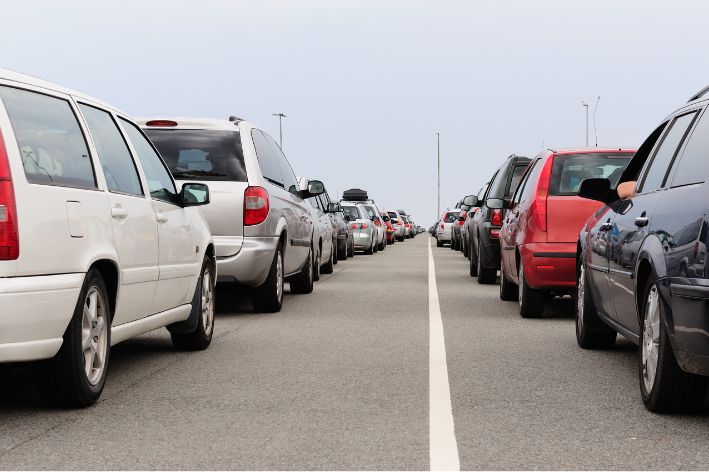Romania and Bulgaria are set to become full members of Europe’s borderless Schengen travel zone in January 2025. A final decision will be made at a December meeting of EU interior ministers.
On 22 November in Budapest, the interior ministers of Bulgaria, Romania and Austria signed a declaration on the full accession of Romania and Bulgaria to the Schengen area. “Bulgaria and Romania belong fully to Schengen. The lifting of land border checks is the last hurdle. I welcome the positive results of today’s informal discussions in Budapest,” European Commission President Ursula von der Leyen posted on X.
The final decision is due on the occasion of the Justice and Home Affairs Council on 11 December, when Romania and Bulgaria are officially invited to join Schengen with land borders. The two EU and NATO Member States entered the 29-country Schengen area by air and sea in March 2024 after reaching a partial agreement with Austria. Vienna initially opposed their joining, saying illegal immigration was still too high and that the two countries needed to do more to prevent it.
The breakthrough comes at a delicate moment for Schengen: several Member States, including Germany and France, have re-introduced border checks in a bid to control irregular migration. According to the joint statement signed in Budapest, temporary border controls will be established between Hungary and Romania and between Romania and Bulgaria for at least six months to “prevent any serious threat to public policy and internal security”.
Negotiations for land entry continued throughout 2024. For Romania and Bulgaria, land borders are a major bottleneck. According to the Romanian Union of Truck Hauliers, drivers usually wait 8 to 16 hours at the border with Hungary, and from 20 to 30 hours at the Bulgarian border. Similarly, in Bulgaria, hauliers queue at the border with Greece and Romania. Romania believes the country loses €10 billion a year because it is not a full member of Schengen. For the same reason Bulgaria, three times smaller in terms of population, believes its economy lost €1 billion last year.
